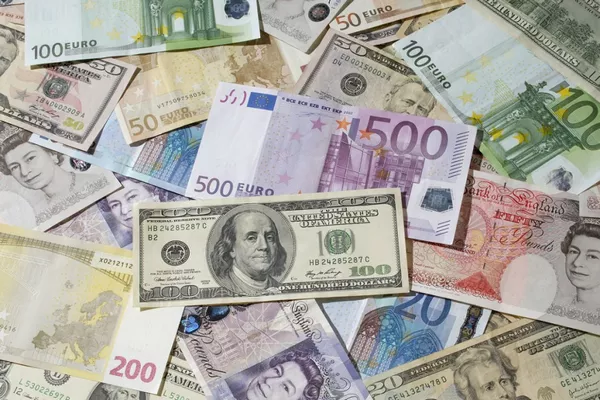In the ever-shifting landscape of global economics, currency values play a pivotal role in shaping the fortunes of nations and individuals alike. One term that frequently makes headlines is a “weaker pound.” But who stands to gain from weakened pound? In this article, we will delve into the dynamics of a weaker pound and identify the key beneficiaries of this currency phenomenon.
Exporters:
One of the most apparent beneficiaries of a weakened pound is the export sector. A depreciated currency makes domestic goods and services more competitively priced in international markets. Overseas buyers find these products relatively cheaper, leading to increased demand for exports. This surge in demand, in turn, can bolster the revenue and profitability of businesses engaged in international trade.
For British exporters, a weaker pound provides a natural hedge, allowing them to maintain or even increase profit margins despite potential challenges. In essence, a depreciated currency can act as a catalyst for export-driven economic growth, supporting industries ranging from manufacturing to services.
Tourism Industry:
The tourism sector is another area where a weakened pound can yield positive outcomes. For foreign visitors, a lower exchange rate means their currency has greater purchasing power in the UK. This affordability can attract more tourists, driving up the number of inbound travelers.
Increased tourism not only benefits businesses in the hospitality and leisure sectors but also stimulates related industries such as transportation, retail, and cultural attractions. From hotels to restaurants, establishments catering to tourists can experience a boost in revenue, contributing to overall economic prosperity.
Multinational Corporations:
Multinational corporations (MNCs) with a significant presence in the UK can find advantages in a weaker pound. While it may increase the cost of importing goods and services, the positive impact on export-oriented subsidiaries often outweighs the drawbacks. MNCs can strategically leverage currency fluctuations to optimize their global operations, adjusting production and sourcing strategies to capitalize on favorable exchange rates.
Moreover, a weakened pound may attract foreign investment, as acquiring assets in a depreciated currency can be an attractive proposition for international investors. This influx of capital can drive economic development and job creation within the country.
Investors in Export-Oriented Stocks:
Investors who strategically allocate their portfolios to include stocks of companies with a strong focus on exports can benefit from a weaker pound. These companies, often referred to as export-oriented or multinationals, tend to outperform in such scenarios. Their earnings receive a boost from increased international sales, contributing to higher stock valuations.
Investors with a diversified portfolio that includes such stocks may find their overall returns insulated from the negative impact of currency depreciation. However, it’s essential for investors to conduct thorough research and consider potential risks associated with specific industries and companies.
See Also What Does A British Pound Look Like
Agricultural Sector:
For the agricultural sector, a weakened pound can have both positive and negative implications. On the positive side, a depreciated currency can make UK agricultural products more competitively priced in international markets, potentially leading to increased exports. This can be particularly advantageous for farmers and agribusinesses heavily reliant on overseas sales.
Conversely, the sector may face challenges due to higher import costs for equipment, machinery, and certain inputs. It becomes imperative for policymakers to implement measures that balance the interests of the agricultural industry, ensuring sustainable growth amid currency fluctuations.
Conclusion:
While a weakened pound can raise concerns about economic stability, it’s crucial to recognize that certain sectors and stakeholders can benefit from such a scenario. Exporters, the tourism industry, multinational corporations, investors in export-oriented stocks, and certain segments of the agricultural sector are among those who can find opportunities amid currency depreciation.
However, it’s essential to approach these benefits with a balanced perspective, acknowledging the potential challenges and risks associated with a weakened currency. Policymakers, businesses, and investors alike should employ strategic measures to navigate the complexities of a fluctuating exchange rate environment, ultimately fostering sustainable economic growth.


